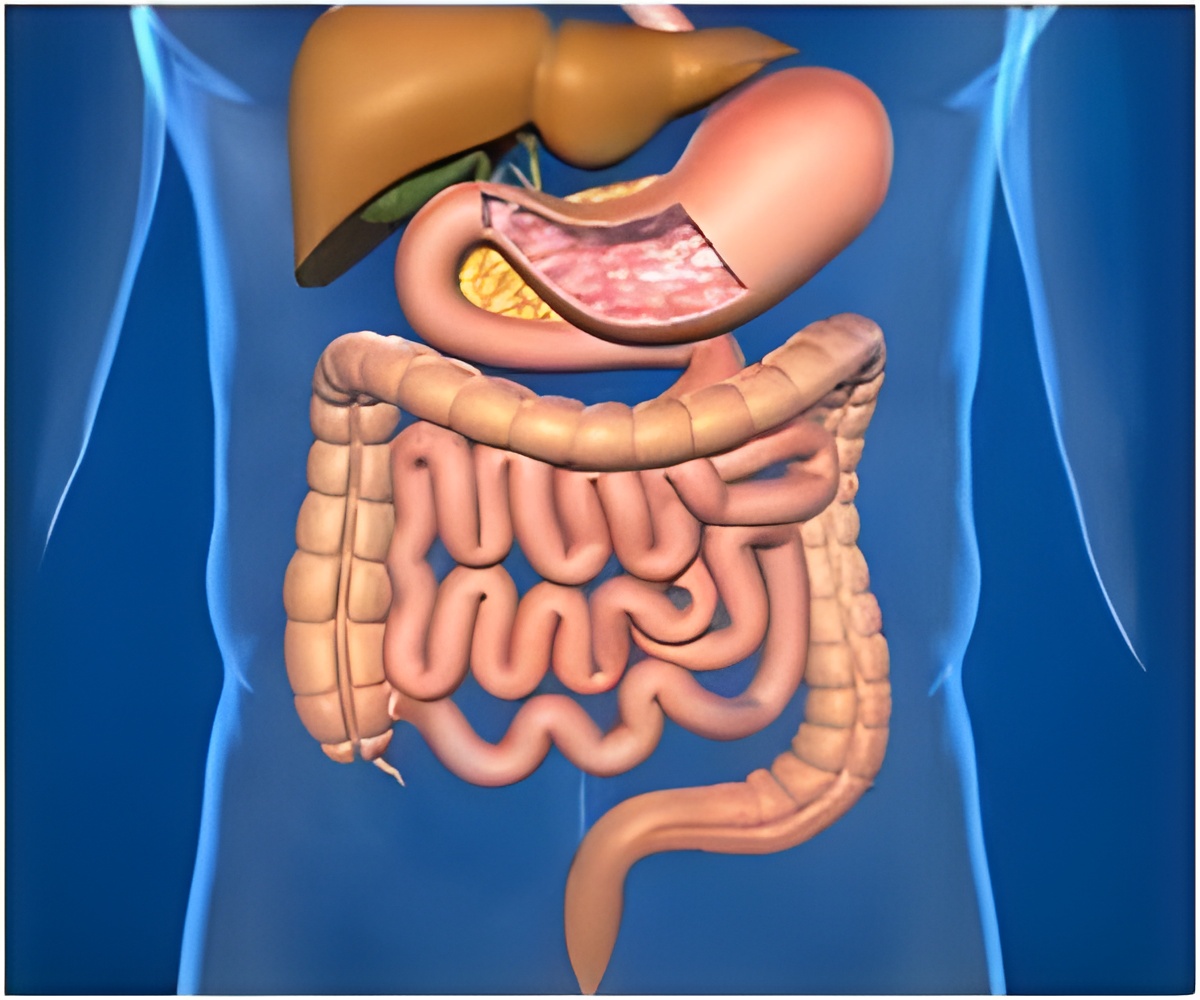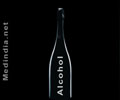
‘Excessive alcohol consumption can cause bacterial overgrowth in gut, but mouse studies found this imbalance doesn’t appear to play major role in alcoholic liver disease risk.’
Tweet it Now
“You can think of this a bit like dumping fertilizer on a garden,” said co-corresponding author Karsten Zengler, PhD, professor in the departments of pediatrics and bioengineering at UC San Diego School of Medicine and Jacobs School of Engineering, respectively. “The result is an explosion of imbalanced biological growth, benefiting some species but not others.”Bernd Schnabl, MD, professor of medicine and gastroenterology at UC San Diego School of Medicine, is the other co-corresponding author.
Harmful Effects of Excessive Alcohol Consumption
Acetate is a nutrient used in cellular metabolism and has roles in appetite regulation, energy expenditure and immune response. In moderate levels, it promotes overall health, from improved cardiac function to enhanced red blood cell production and memory function. In excessive levels, it is associated with metabolic changes linked to disease, including cancer.In the latest study, Zengler and colleagues fed mice a molecule that could be broken down into three acetates in the rodents’ gut. The researchers noted the animals’ intestinal microbiota were altered by the additional acetate in a way similar to what they observed when feeding alcohol to the mice, but without damaging effects to their livers.
“Chronic alcohol consumption is associated with lower intestinal expression of antimicrobial molecules. Persons will alcohol-related liver disease commonly have bacterial overgrowth in their guts,” said Zengler. “These findings suggest that microbial ethanol metabolism does not contribute significantly to gut microbiome dysbiosis (imbalance) and that the microbiome altered by acetate does not play a major role in liver damage.”
“The situation is more complicated than previously assumed. It’s not as simple as more ethanol equals microbiome changes and thus, microbiome dysbiosis equals more liver disease. While this finding does not translate to imminent new treatments for alcoholic liver disease, it will help to delineate the effect of acetate on the microbiota and help refining future study designs.”
Advertisement
Source-Eurekalert














